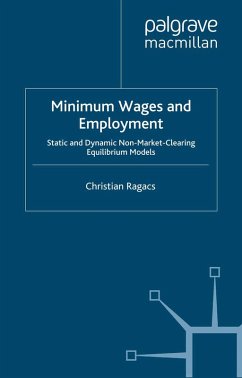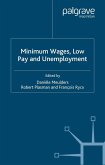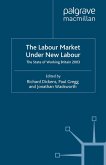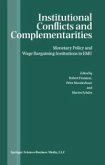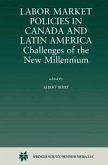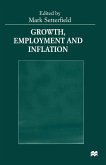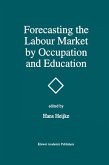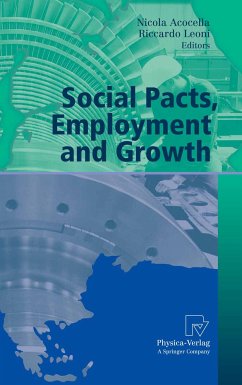Christian Ragacs develops contributions to the theory of minimum wages, while taking rationing and spill-over effects on markets other than the labour market into account. Following an introduction into the theory of minimum wages and a discussion of methodological problems, four new theoretical models are developed; two of them comparative static in nature and two models of endogenous growth. The results are contradictory - partly supporting the 'textbook' theory and partly yielding unorthodox results, such as no change in the steady state rates of growth and employment.
Dieser Download kann aus rechtlichen Gründen nur mit Rechnungsadresse in A, B, BG, CY, CZ, D, DK, EW, E, FIN, F, GR, HR, H, IRL, I, LT, L, LR, M, NL, PL, P, R, S, SLO, SK ausgeliefert werden.

